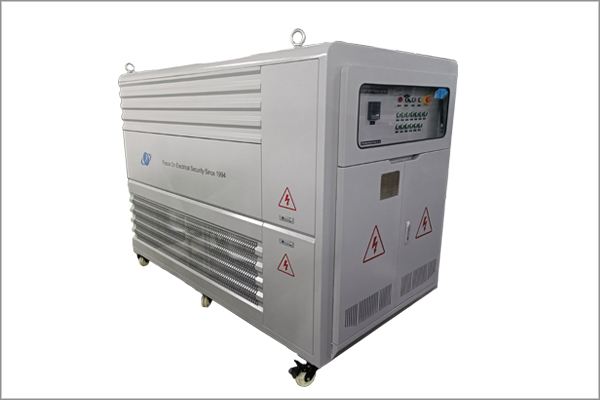What are the factors that affect the operation of the generator?
Time:2024-05-17
As the core equipment in the power system, the stability and reliability of the generator are very important to ensure the power supply. However, in actual operation, the work of the generator is affected by many factors, which may lead to the deterioration of the generator performance, the increase of the failure rate, and even affect the stable operation of the entire power system. The following will discuss in detail the main factors affecting the operation of the generator.
First, mechanical factors
Rotor-stator clearance: The clearance between the rotor and the stator has a significant effect on the operating efficiency of the generator. Too large gap may cause the magnetic field to weaken and affect the power generation efficiency. If the gap is too small, it may generate heat due to friction, and even cause equipment damage.
Bearing wear: Bearing is the key component of bearing load and transmitting power in the generator, and its wear degree will directly affect the operating stability and service life of the generator.
Mechanical vibration: The mechanical vibration generated during the operation of the generator may cause the equipment to loosen, crack or even fracture, seriously affecting the normal operation of the generator.
Second, electrical factors
Voltage fluctuation: Voltage fluctuation may lead to generator output voltage instability, affect power quality, and even damage electrical equipment.
Frequency deviation: The deviation of the generator output frequency will affect the stability of the power system, which may lead to equipment damage and grid failure.
Insulation aging: The insulation material inside the generator works under high temperature and high voltage for a long time, which is prone to aging, resulting in decreased electrical performance and even short circuit failure.
Third, environmental factors
Temperature: Generators operate in high temperature environments, which can cause equipment temperatures to rise, affect electrical performance and mechanical strength, and even cause fires.
Humidity: High humidity may cause the internal electrical components of the generator to be damp, reduce insulation performance, and increase the failure rate.
Dust and contamination: Dust and contaminants in the environment may adhere to the surface and interior of the generator, affecting heat dissipation and electrical performance.
4. Operation and maintenance factors
Improper operation: Non-standard operation may lead to generator overload, short circuit and other failures, seriously affecting its service life and safety.
Not timely maintenance: The generator needs regular maintenance and overhaul during operation. If the maintenance is not timely or in place, the device performance may deteriorate and the failure rate may increase.
Spare parts quality: When replacing spare parts, if the quality of the spare parts is unqualified, it will directly affect the stability and safety of the generator.
In summary, there are many factors that affect the work of generators, including mechanical, electrical, environmental and operation and maintenance. In order to ensure the stable operation of the generator and extend its service life, it is necessary to consider these factors comprehensively and take corresponding measures for prevention and control.
News Recommendation
-
 2024-09-11
2024-09-11TRIUMPH LOAD EXHIBITING AT Enlit Europe 2024 -BOOTH 7.H08
-
 2023-04-21
2023-04-21TRIUMPH LOAD EXHIBITING AT DATA CENTER WORLD GERMANY 2023-BOOTH F909
-
 2023-04-06
2023-04-06TRIUMPH LOAD EXHIBITING AT ELECTRIC POWER TECH KOREA 2023 – Booth G109
-
 2022-05-05
2022-05-05What is the role of ac load bank for power supply?
-
 2022-05-05
2022-05-05What is the role of the load bank?


